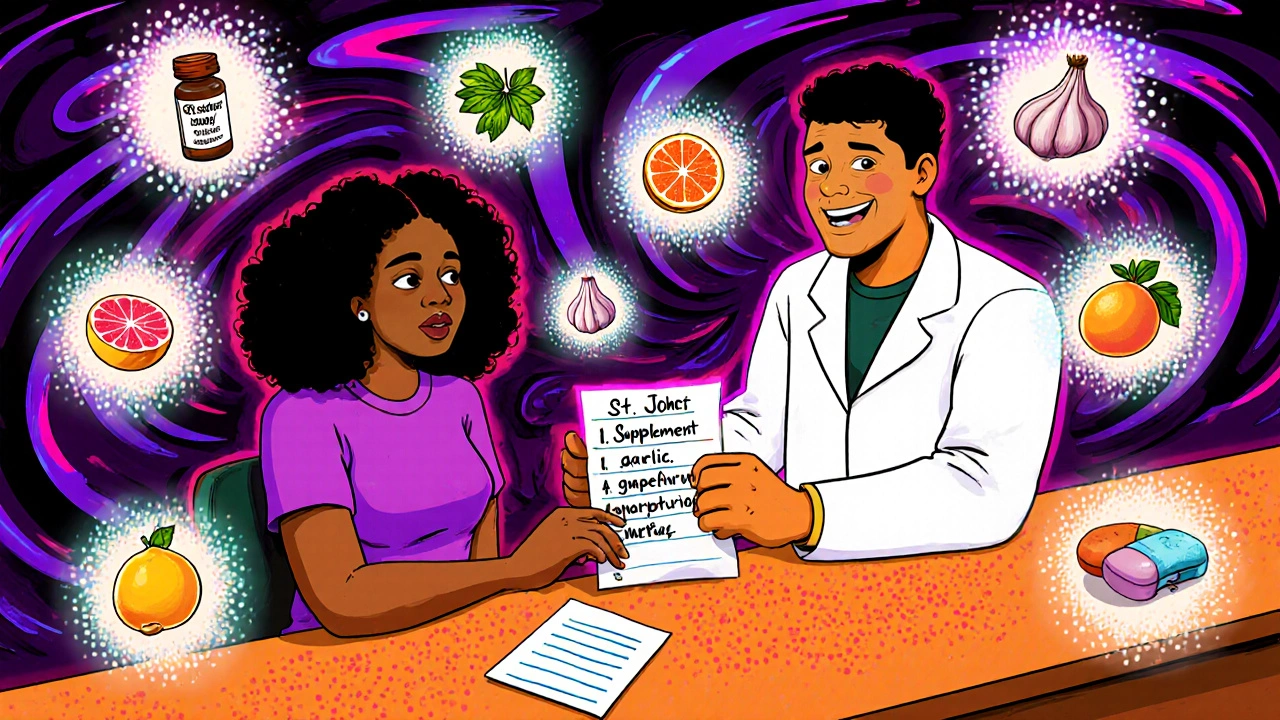Food and Medication Interactions: What You Need to Know
When you take a pill, it doesn’t just work in a vacuum. What you eat—yes, even that morning grapefruit or glass of milk—can change how your medicine behaves in your body. This is called a food and medication interaction, a biological event where food or drink alters the absorption, breakdown, or effect of a drug. Also known as drug-food interaction, it’s not rare, and it’s not always harmless. Some interactions are minor. Others can send you to the ER.
Take grapefruit, a common fruit that blocks enzymes in your gut that normally break down certain drugs. Also known as citrus fruit interaction, it can cause dangerous spikes in blood levels of statins, blood pressure meds, and even some anti-anxiety pills. Then there’s dairy, a source of calcium and magnesium that can bind to antibiotics like tetracycline and ciprofloxacin, making them useless. Also known as calcium and antibiotics interaction, skipping milk with your pills isn’t just advice—it’s a must. Even leafy greens, packed with vitamin K, can fight against blood thinners like warfarin, making your dose less effective and raising your risk of clots.
These aren’t theoretical risks. People get sick because they didn’t know. A guy on a statin eats a grapefruit smoothie and ends up with muscle damage. A woman on antibiotics drinks yogurt and wonders why her infection won’t clear. These stories happen every day. The good news? You don’t need a pharmacy degree to avoid them. Just ask your doctor or pharmacist: "What should I not eat or drink with this?" Keep a list. Read the leaflet. And don’t assume "natural" means safe—some of the worst interactions come from foods you think are healthy.
What you’ll find below are real, practical breakdowns of how specific drugs behave around food, supplements, and even common drinks. From how calcium affects kidney meds to why grapefruit ruins some heart pills, these posts give you the facts—not guesses. No fluff. No jargon. Just what you need to take your meds safely and get the full benefit—without unexpected side effects.
